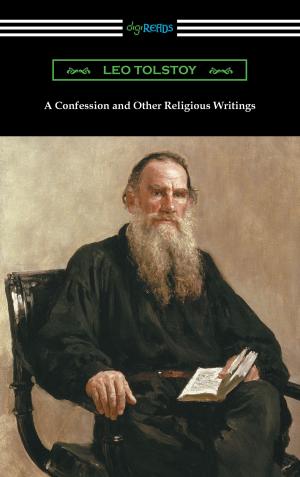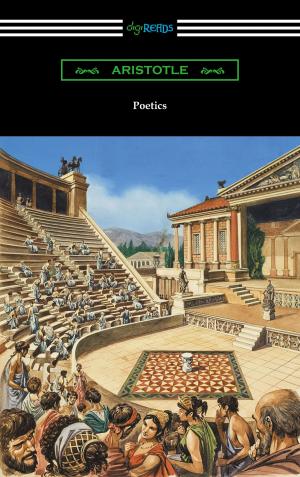| Author: | Michel de Montaigne | ISBN: | 9781420956283 |
| Publisher: | Neeland Media LLC | Publication: | September 20, 2017 |
| Imprint: | Digireads.com Publishing | Language: | English |
| Author: | Michel de Montaigne |
| ISBN: | 9781420956283 |
| Publisher: | Neeland Media LLC |
| Publication: | September 20, 2017 |
| Imprint: | Digireads.com Publishing |
| Language: | English |
With the goal of describing man with complete frankness and using himself as his most frequent example, Michel de Montaigne first published his “Essays” in 1580. This collection of 107 chapters encompasses a wide variety of subjects, originally inspired by his study of Latin classics, and later by the lives of the leading figures of his time. Michel de Montaigne saw the most basic elements of man as variety and unpredictability, and this idea permeates the entire work, even as he explores a myriad of topics, including theology, philosophy, law, fame, memory, death, and his own daily schedule. The longest essay, entitled ‘Apology for Raymond Sebond,’ contains his most famous quote: “What do I know?” This perhaps embodies the spirit of the entire volume, for it reflects both the inquisitory search for intellectual knowledge as well as the more personal anecdotal quality of a work that has had an enduring impact on both French and English literature for hundreds of years. This edition includes the complete collection of Montaigne’s Essays.
With the goal of describing man with complete frankness and using himself as his most frequent example, Michel de Montaigne first published his “Essays” in 1580. This collection of 107 chapters encompasses a wide variety of subjects, originally inspired by his study of Latin classics, and later by the lives of the leading figures of his time. Michel de Montaigne saw the most basic elements of man as variety and unpredictability, and this idea permeates the entire work, even as he explores a myriad of topics, including theology, philosophy, law, fame, memory, death, and his own daily schedule. The longest essay, entitled ‘Apology for Raymond Sebond,’ contains his most famous quote: “What do I know?” This perhaps embodies the spirit of the entire volume, for it reflects both the inquisitory search for intellectual knowledge as well as the more personal anecdotal quality of a work that has had an enduring impact on both French and English literature for hundreds of years. This edition includes the complete collection of Montaigne’s Essays.















